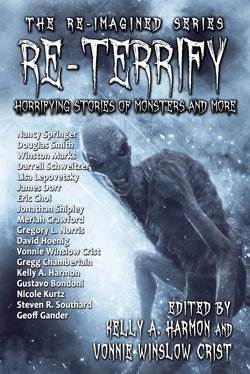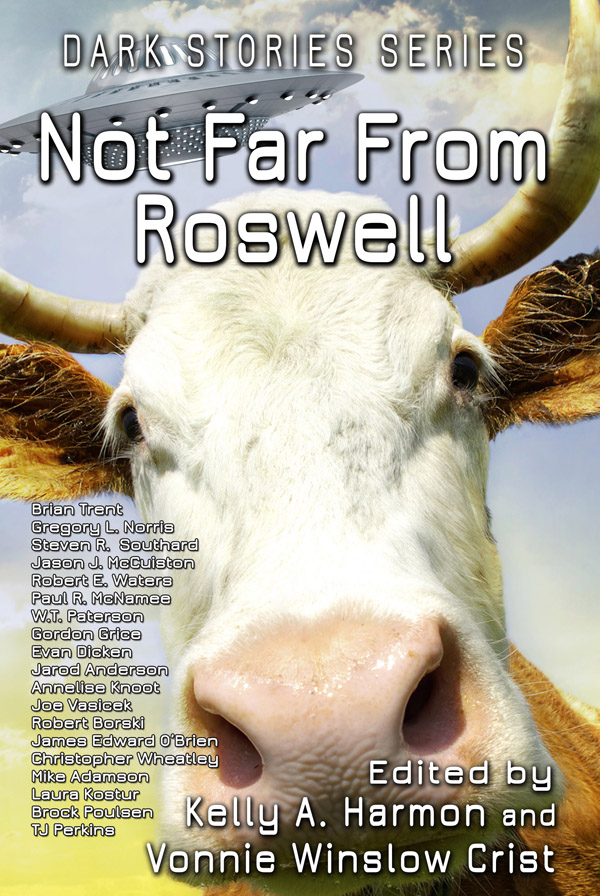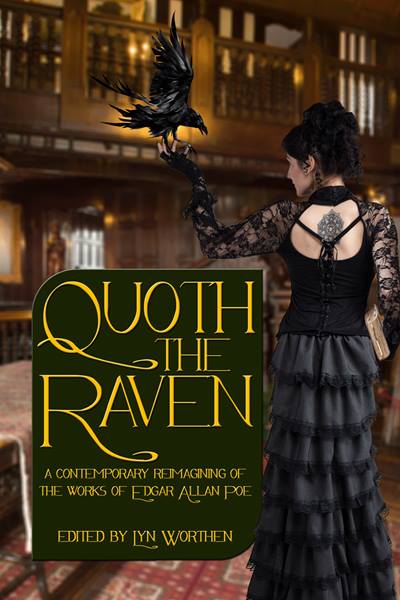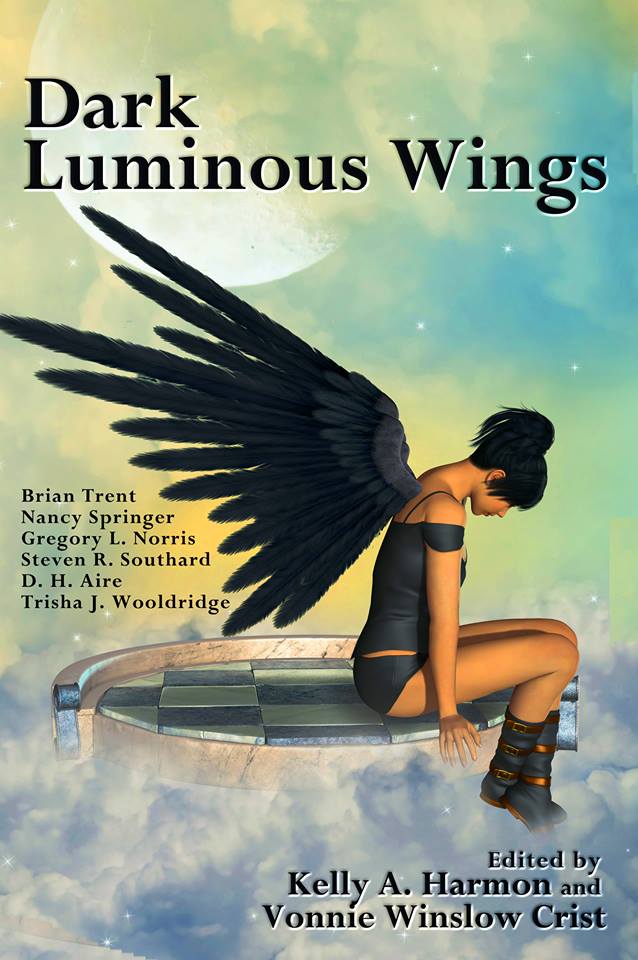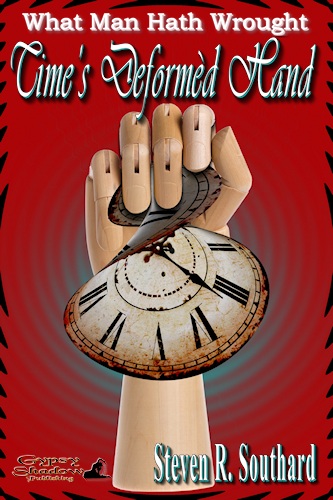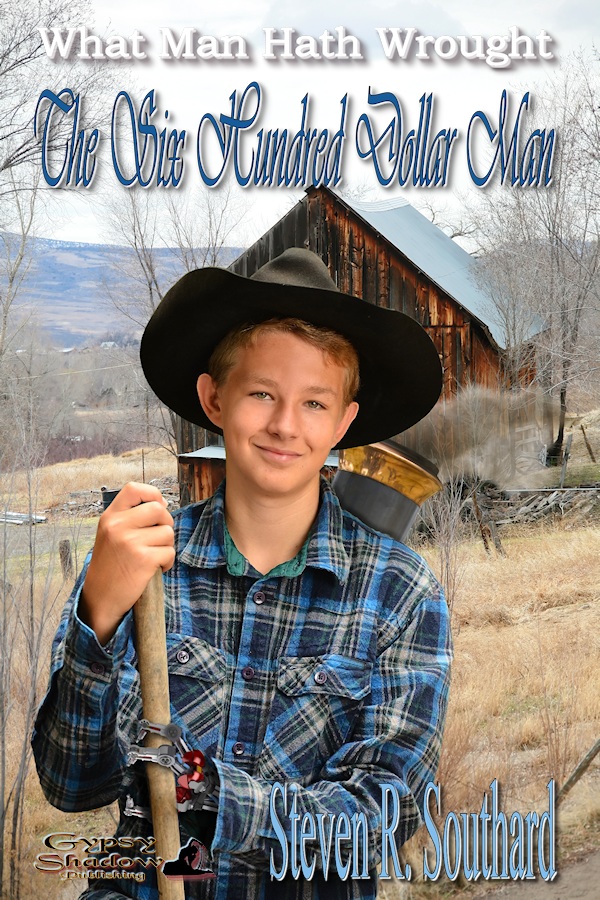Some writers struggle to come up with titles for their stories and books. Capturing all that text into a few pithy and alluring words seems to confound them.
Yes, I’ve blogged about this problem before, but it’s time for an update based on new technology.
Before I get to that, I recommend reading this post by book marketing expert Dave Chesson. It’s helpful if you experience difficulty with titles.
In his post, Chesson mentioned a new resource to help if you’re stuck thinking of a title—ChatGPT. It’s the conversant AI that’s available to everyone for free, here.
As you know, I’ve blogged before about writers using AI and my opinion remains unchanged, for now. ChatGPT is the equivalent of assigning the same homework assignment to a million junior high school students and getting the best answers back instantly. Yes, it’s instant, but it’s junior high school level. That last part may change in the coming months and years as AI improves.
You can seek help from ChatGPT to come up with a title. You can give it a long description of your story or book (or even input the entire text) and ask for any number of suggested titles. Note: there is some question about who owns content provided by that AI, so check the terms and conditions first.
To test how well ChatGPT can generate titles, I decided to have it come up with alternative titles to a work in the public domain with which the AI is familiar. I chose the Jules Verne novel Le tour du monde en quatre-vingts jours. The literal translation from the French would be ‘A Tour of the World in Eighty Days,’ but in a bolt of titling genius, an early translator rendered it as Around the World in Eighty Days.
That’s become the most iconic of Verne’s titles in English, played with and altered to suit hundreds of other applications.
Something about that format and word choice struck gold—“Around the [world or other object] in [time period]” gives that sense of encompassing something on a strict schedule. It’s literary magic.
For computers, the rule is ‘garbage in, garbage out.’ What happens when you put literary magic in? I gave ChatGPT this task: “Come up with 10 alternate titles (in English) to Jules Verne’s “Around the World in Eighty Days.”
Here’s the output:
- “Globetrotting in Eighty Days”
- “Across the Planet in 80 Days”
- “A Journey Around the Earth in 80 Days”
- “Around the Globe in 80 Days”
- “Eighty Days of World Exploration”
- “Circumnavigating the Earth in 80 Days”
- “Across Continents in Eighty Days”
- “Around the World Adventure in 80 Days”
- “Around Planet Earth in 80 Days”
- “Expedition: 80 Days Around the World”
See what I mean? They all lack the zing, the flair, the magic of the actual title. In twenty minutes of solitary brainstorming, you could do better. That’s my point.
Before you AI enthusiasts sic a terminator on me, I admit I could have pressed ChatGPT harder. I could have gone on to ask it for more interesting and creative titles—titles that don’t just paraphrase the real one. Maybe the AI could have given me more to work with had I prodded it further.
At present, I think it best to partner with AI but not rely on it. Adopt the centaur model I mentioned in my February 26, 2023 blogpost. ChatGPT can recommend titles and they might be inferior or even so-so, but one or more of them might spark the killer title you’re after. You might not have thought of that title had you not consulted the AI.
My answer to the question posed in this post’s title is probably not, but there’s nothing wrong with using AI as a brainstorming tool. So far, all my titles have come from the unassisted mind of—
Poseidon’s Scribe


